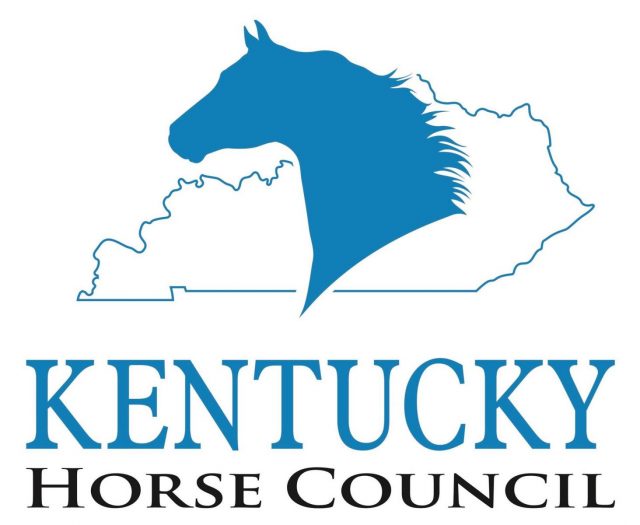
We are glad to see organizations, like the Maryland Horse Council and now the Kentucky Horse Council, stepping up to clarify what state directives during the COVID-19 pandemic mean for horse owners. The Kentucky Horse Council issued this memo today:
“Dear Kentucky Horse Community,
“The Kentucky Department of Agriculture has issued guidance on compliance with the Governor’s order to close all non-essential businesses to the public by 8pm Thursday, March 26, 2020. That guidance can be found in full here.
“In addition to the guidelines outlined in the attached documents, the State Veterinarian’s office advises all boarding facilities (and any other operation that caters to outside clients of any kind) to cease all unnecessary operations and activities, engage in horse care activities ONLY, and close their facilities to all but essential staff. If a facility has clients that engage in self-care for their horses these individuals are allowed to come to the facility for horse care activities ONLY. Moving forward, the facility owner or manager should take control of developing a schedule in which clients are assigned a time to visit the facility to care for their horse(s). This will minimize the number of individuals at the facility at any given time. If a client has a horse on full or partial care (whose needs are being met by staff), those individuals are asked to refrain from visiting the facility. In addition, if it is possible to decrease the amount of staff at a facility, in order to minimize the number of individuals coming and going, an employer is asked to do so.
“Please note that these are the directives as of Wednesday, March 25th and it is possible they will change in the coming days and weeks. We will continue to update you as the situation develops and more information is obtained from both the Offices of the Governor and State Veterinarian. Please don’t hesitate to reach out with any questions or concerns and we will do our best to address them!
“Thank you to the staff at the Department of Agriculture, State Veterinarian’s Office and our partners at the Kentucky Equine Education Project for their work on this!”
View the complete guidelines here.



















